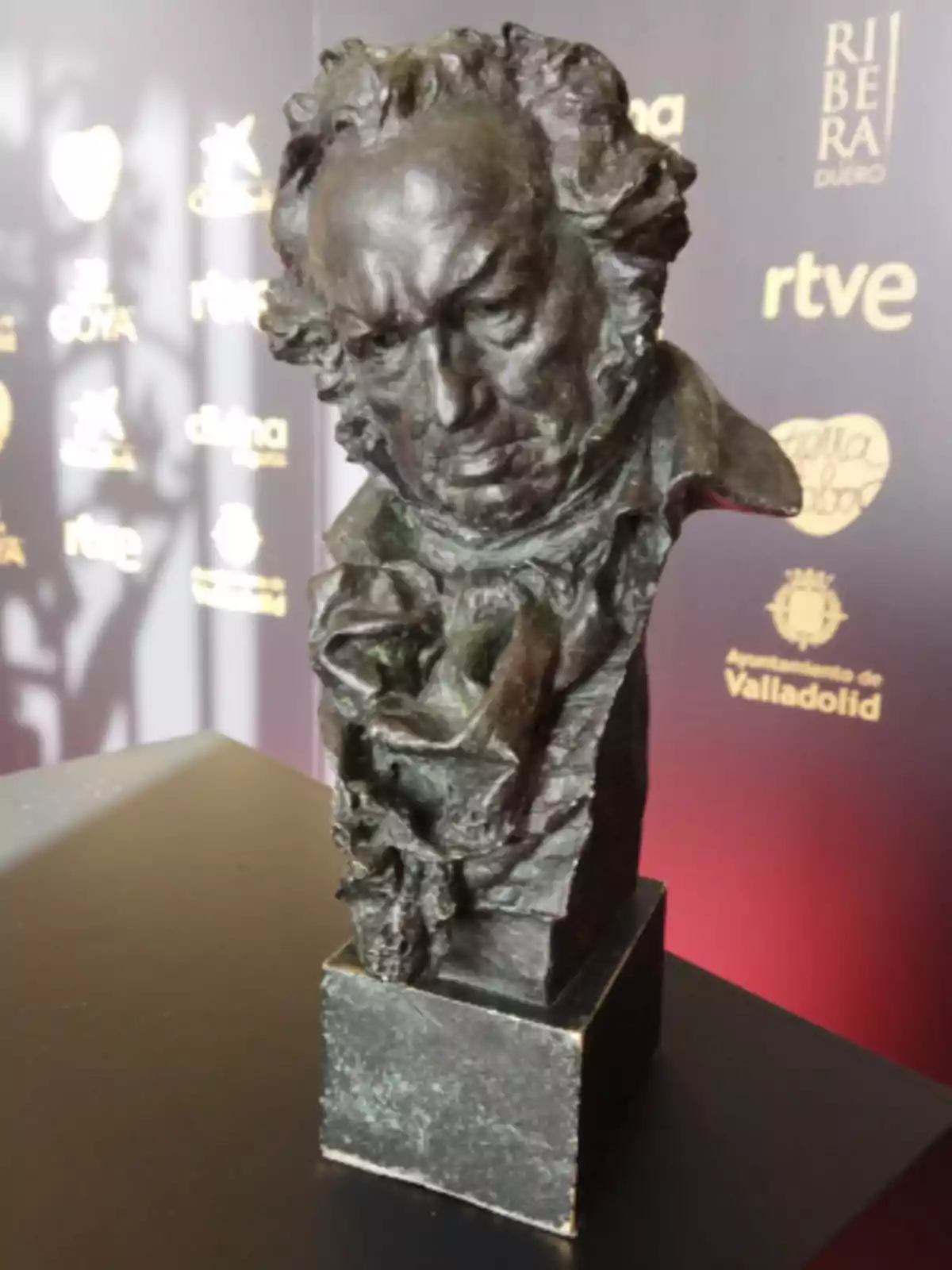
The Goya Awards change their rules after the use of AI in Netflix's El Eternauta
The Spanish Film Academy will limit artificial intelligence in works competing for its awards
The use of Artificial Intelligence in the series El Eternauta, revealed by Netflix's co-CEOTed Sarandos, caused a strong echo in the industry. Now, the Spanish Film Academy has replied with a drastic change: it announced that it will limit the use of these technologies in productions seeking to compete for the Goya Awards.
This Friday, the organization officially announced that, starting with the next edition, only works whose authorship and technical development are carried out by "identifiable natural persons" will be admitted. In other words, the use of AI will be allowed only as a support tool and under direct human supervision, without replacing creativity or authorship.
The AI scene that sparked the debate
Days ago, Netflix confirmed that in El Eternauta—the Argentine blockbuster released in April and starring Ricardo Darín—Generative Artificial Intelligence was used to create one of its most impactful sequences: the collapse of a building in the middle of Buenos Aires.

"With AI-based tools, they achieved an impressive result, and in a tenth of the usual time," Sarandos said during a meeting with investors. He also highlighted that this was the first original Netflix production in which this type of technology was concretely applied.
The executive emphasized that the intention was not to replace artists, but to enhance their work with new tools. "These technologies are expanding narrative possibilities. What's important is that real people are still doing real work," he stated.
An industry divided between innovation and limits
While Netflix moves forward with the incorporation of AI for visual effects, previsualization, and the development of internal tools, concern is growing in sectors of the film industry that fear the displacement of creatives and technicians. The recent strikes in Hollywood and warnings from artistic unions highlight this tension.

The case of El Eternauta was just one example of the potential—and also the conflict—that automation brings. The series showed how costs can be reduced and timelines accelerated without losing quality, but it also raised alarms about authorship, image rights, and creative integrity.
With the new rules, the Spanish Film Academy is taking a clear stance: the Goya Awards will not honor works where AI replaces human work in essential aspects. Thus, the recognition of technological advancement on a platform like Netflix was, paradoxically, the catalyst for an institutional limit.
While part of the industry marvels at what AI is already capable of creating, another part is putting on the brakes and drawing lines. The Goya Awards replied first. The debate is just beginning.
More posts: